As the world gradually reopens for travel, staying informed about changing regulations is crucial. Whether planning a vacation or a business trip, understanding the latest guidelines can help you navigate the complexities of international travel. Here are 18 key updates to keep in mind:
Vaccination Requirement for Foreign Nationals
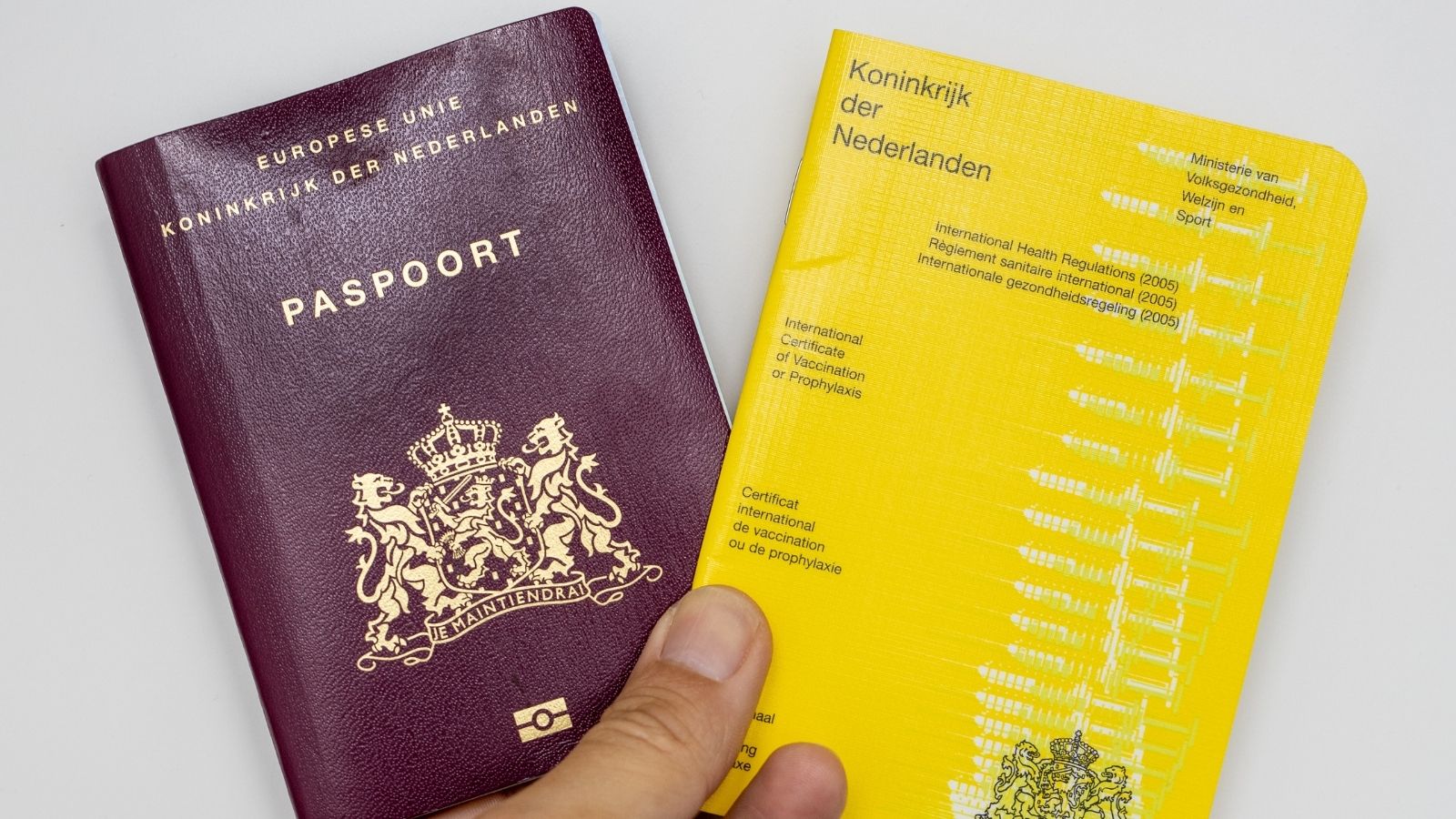
Starting in November, adult foreign nationals traveling to the U.S. must be fully vaccinated before boarding their flights. This new requirement complements the existing mandate of showing proof of a negative COVID-19 test taken within 72 hours of departure.
Fully Vaccinated Americans

Fully vaccinated Americans will only need to show proof of a negative COVID-19 test taken within 72 hours of departure when traveling to the U.S. This streamlined process aims to facilitate travel for those who have completed their vaccination regimen.
Unvaccinated Americans

U.S. citizens and permanent residents who are not fully vaccinated can still fly to the U.S. but will face strict testing and contact-tracing protocols. Before their trip, they should acquaint themselves with the required conditions and prepare for additional health protocols.
Children

The new U.S. policy only requires adult foreign nationals to be fully vaccinated to enter the U.S. Guidelines for unvaccinated children flying into the country have not been specified yet. Parents should stay informed about updates or specific requirements for their children’s travel.
Accepted Vaccines

The U.S. will accept full vaccination with any COVID-19 vaccine approved for emergency use by the World Health Organization (including Pfizer, Moderna, and Johnson & Johnson).
Other WHO-approved vaccines, such as AstraZeneca and Sinovac, are also acceptable, albeit with varying effectiveness against COVID-19 and its variants. The WHO is still reviewing Russia’s Sputnik V vaccine.
Potential Impact on Airfares
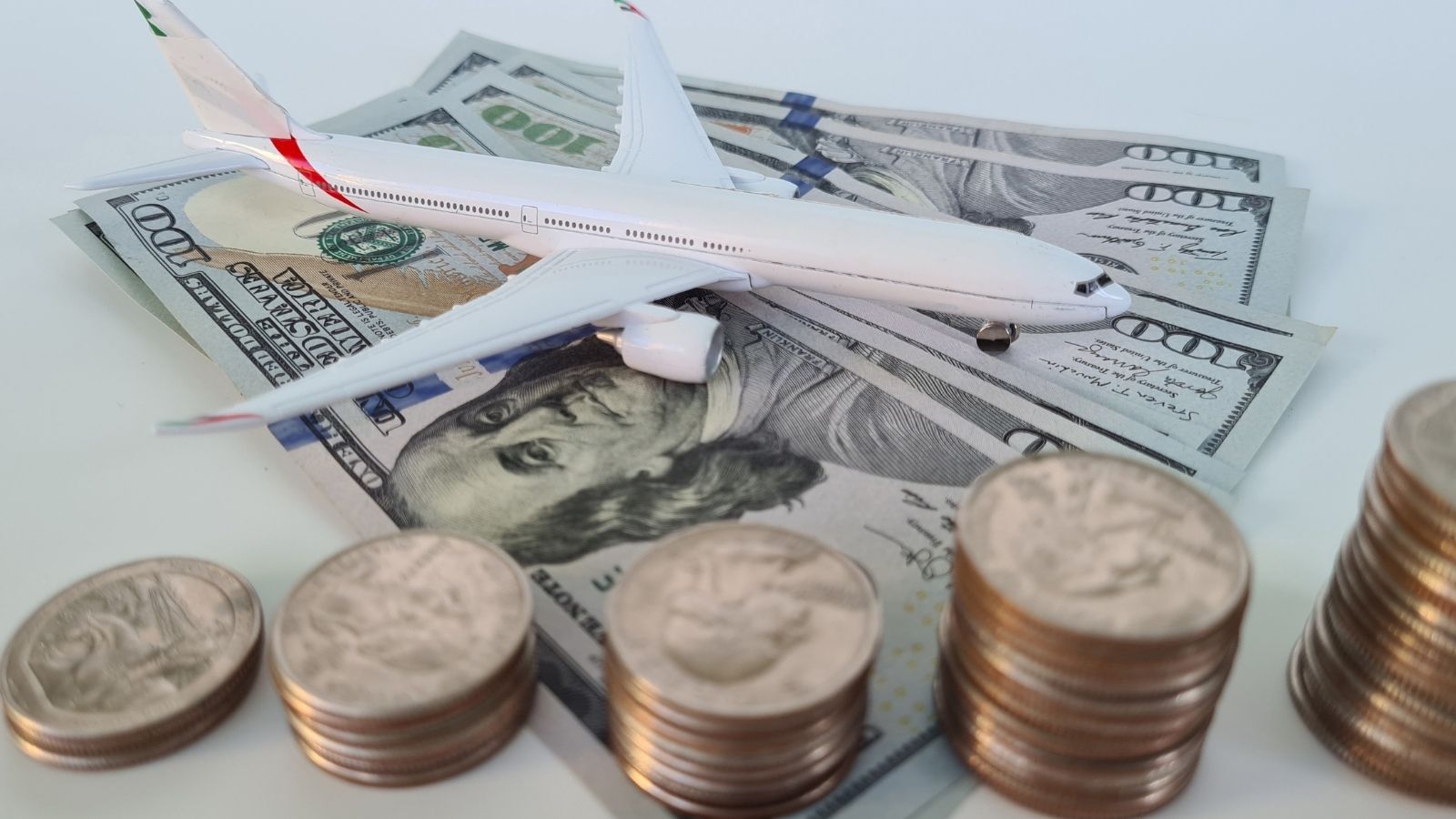
The potential impact on airfares is a critical consideration for travelers. As demand increases due to reopening, airfares from Europe may rise. However, the Delta variant and high COVID-19 rates in the U.S. could temper bookings. Travelers should monitor prices and book wisely.
Health Passports and Digital Certificates
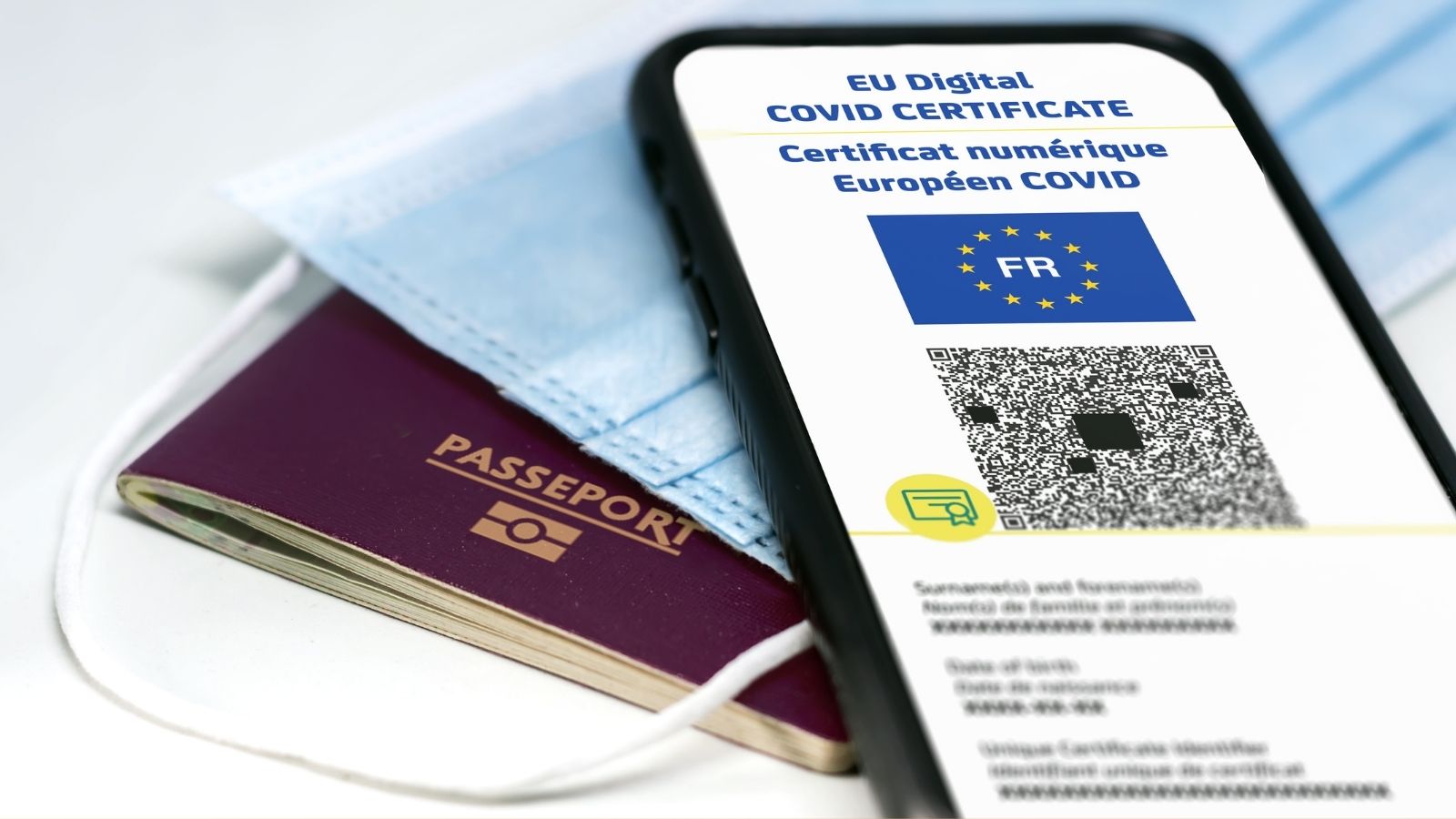
Verified digital repositories for travelers’ negative virus test results and inoculation records are digital health passports. These passports, also known as “vaccine passports” or “digital health certificates,” offer standardized information about an individual’s health, including vaccination certificates and COVID-19 test results. They are essential for safely reinstating activities affected by the pandemic, such as travel, workplaces, and dining establishments.
Quarantine Rules
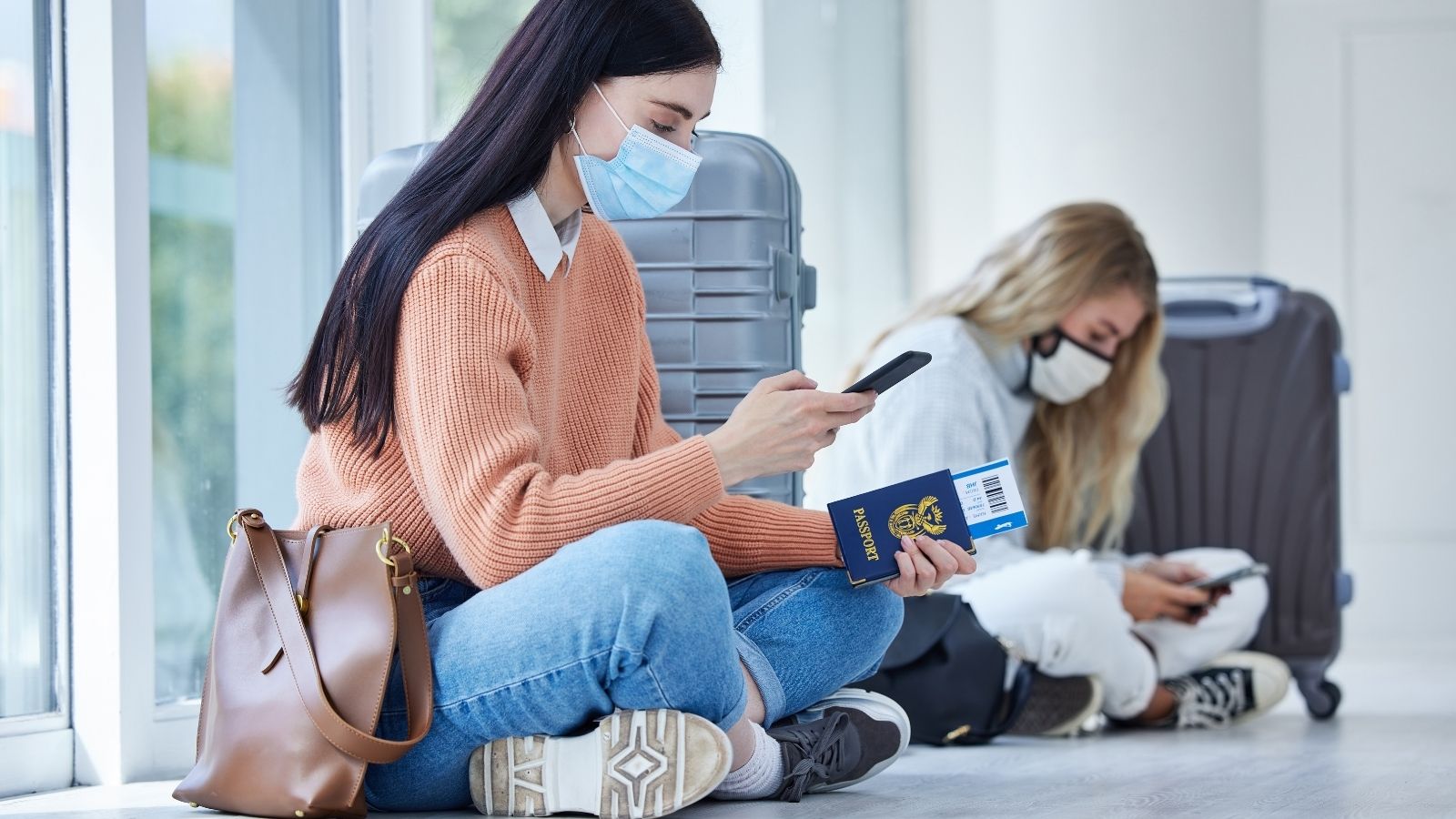
Quarantine rules vary by country and are essential for travelers to understand. Some destinations still require travelers to undergo quarantine upon arrival. The duration of quarantine depends on factors such as vaccination status and the specific country’s guidelines. Before your trip, check the latest requirements to ensure a smooth travel experience.
Mask Mandates

Mask mandates remain in place in some locations, even for fully vaccinated individuals. Whether indoors or in crowded outdoor areas, travelers should be prepared to follow local guidelines and wear masks. Prioritize safety and adhere to any mask requirements during your journey.
Travel Insurance
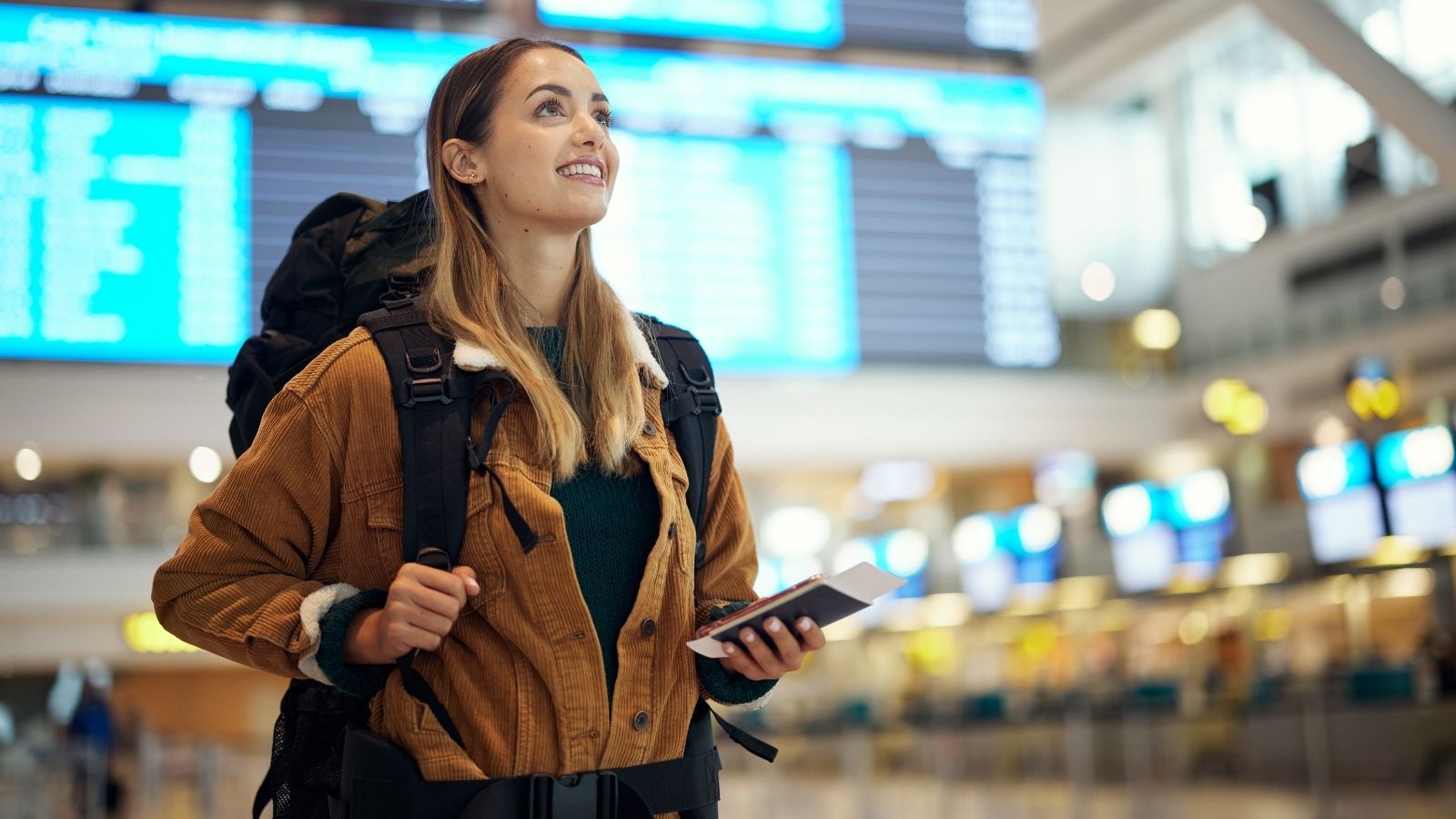
Comprehensive travel insurance is essential for any trip. It covers unexpected events such as trip cancellations, medical emergencies, lost baggage, and flight delays. Travel insurance ensures peace of mind and financial protection during your travels. Review policy details, including coverage limits and exclusions, before purchasing.
COVID-19 Testing Availability

It’s important to know where to get tested for COVID-19 at your destination, as some countries require testing before departure or upon arrival. The availability of COVID-19 testing varies depending on the location and provider.
If you are considering Walgreens, you have the option to book a COVID-19 test at a nearby branch and they provide drive-thru appointments as well as at-home test kits.
Free at-home COVID-19 tests can be ordered from the federal government’s website for every U.S. household, with orders typically shipping within 7-12 days.
Some locations offer both COVID-19 testing and treatment, and these can be found using the CDC’s Testing Locator to locate nearby sites.
Entry Restrictions for Specific Countries

The entry restrictions for different countries differ greatly. Travel regulations range from fully open to requiring COVID-19 testing or quarantine.
For example, most visitors from the United States can enter Albania without vaccination status requirements, similar to Algeria.
Before you plan your trip, it’s important to carefully check the entry requirements for every country you intend to visit.
Visa Updates

Visa updates are crucial for travelers. Due to the pandemic, certain nations have implemented new visa classifications or simplified procedures. For instance, Australia now offers a COVID-19 Pandemic Event Visa for eligible individuals who need to travel urgently. Keep an eye on official government sources to stay informed about any changes to visa policies for your destination.
Flight Cancellations and Delays
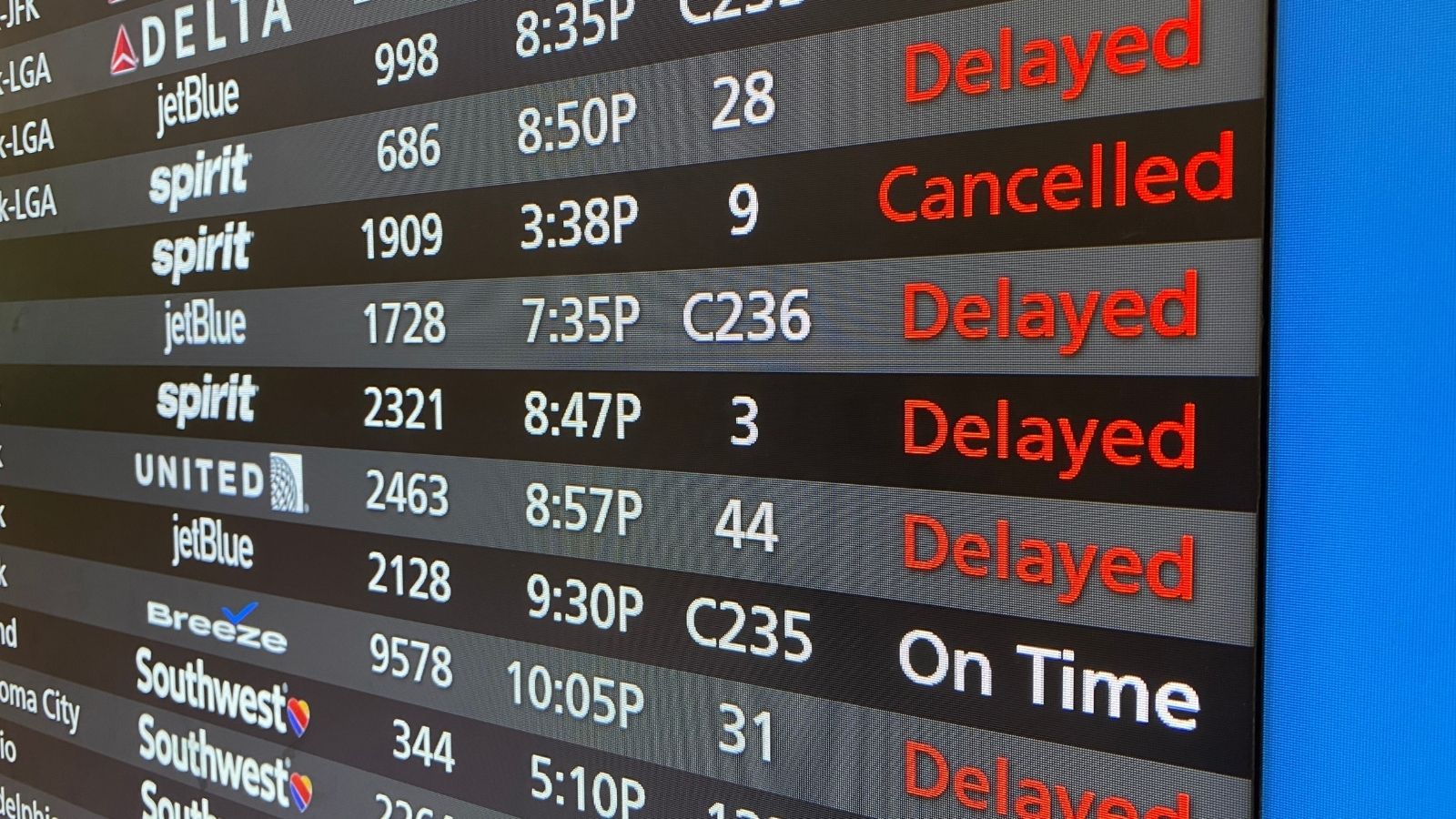
Flight cancellations and delays remain a concern for travelers. Airlines are still adjusting schedules due to changing travel demand and pandemic-related uncertainties. Passengers should stay informed about their flight status, consider booking flexible tickets, and have contingency plans in case of disruptions.
Contactless Travel

Utilizing technology and efficient processes to reduce physical interactions while traveling is known as contactless travel. Below are some suggestions for embracing contactless travel:
- Utilize your smartphone for flight check-ins to minimize reliance on paper documents.
- Access your boarding pass on your mobile device to avoid handling paper tickets.
- Choose contactless payment methods at airports, hotels, and restaurants.
- Some airports provide self-service bag drop kiosks for a smooth experience.
- Speed up security checks using facial recognition or fingerprint scans for biometric authentication.
Remember that contactless options improve safety and convenience.
Local Curfews and Restrictions

Research local regulations to avoid surprises during your trip. Some destinations may have curfews in place, limiting movement during specific hours. The protocols concerning nightlife, gatherings, and business operations can differ significantly.
Health and Safety Protocols

Establishing health and safety protocols is crucial for providing employees with clear, step-by-step instructions for safe workplace procedures. These protocols are important internal documents and practical guidelines for safeguarding the well-being of workers.
Employers must establish and implement efficient measures to minimize the likelihood of injuries, illnesses, and accidents.
For more in-depth advice, organizations can refer to the resources provided by the Occupational Safety and Health Administration (OSHA) and the National Institute for Occupational Safety and Health (NIOSH).
Changing Requirements

Changing requirements is a critical aspect of travel planning. Regulations can shift rapidly due to evolving COVID-19 and Monkey Pox situations, vaccination rates, and government decisions. Travelers must stay informed by regularly checking official government websites, airline advisories, and reputable sources.
Being flexible and adaptable is crucial because the requirements can differ by location, affecting entry, testing, quarantine, and health protocols.
Conclusion

Make safety a priority, refer to official sources, and adopt contactless alternatives. Travelers must adapt to changing regulations, including vaccination requirements and health passports. Have a safe trip!
5 Canadian Provinces Predicted to Thrive in the Next Economic Boom

5 Canadian Provinces Predicted to Thrive in the Next Economic Boom
